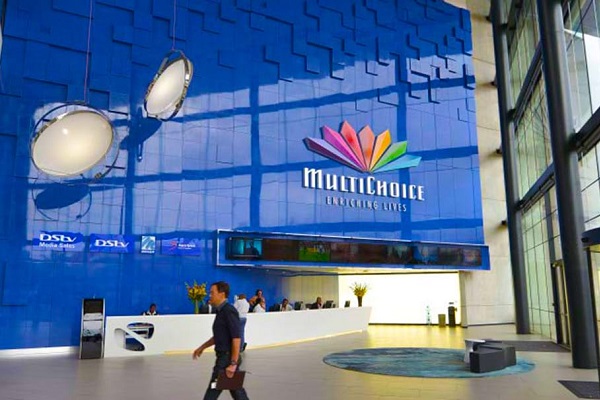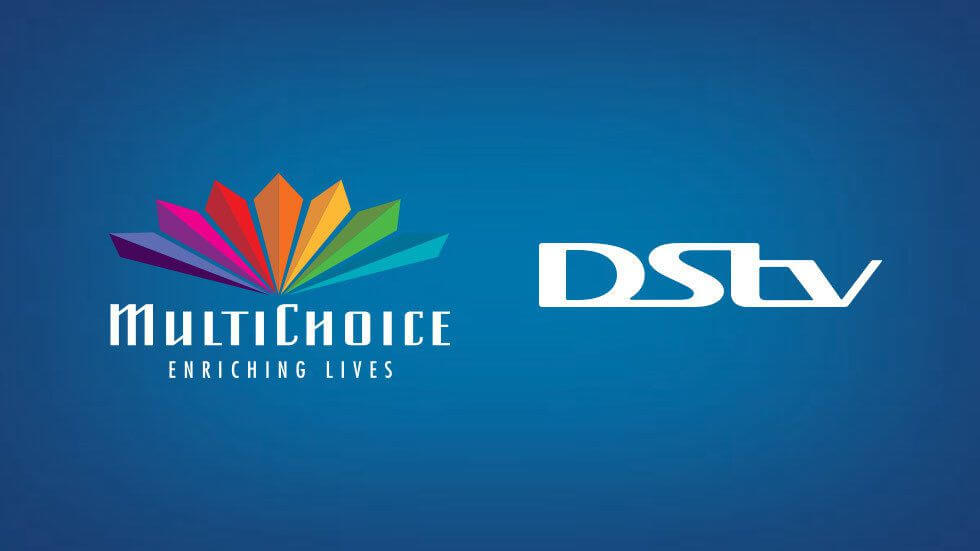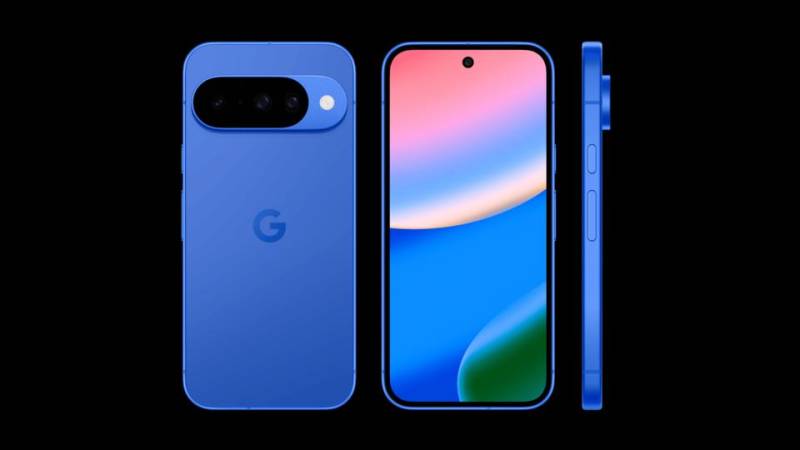It’s easy to scroll past headlines like this — MultiChoice Fined ₦766.2 Million Over Data Protection Breaches — and treat them as just another corporate slap on the wrist. A number. A company. A fine. Move on. But beneath the surface of this news lies a more human, more urgent question: who owns our data, and what happens when trust — invisible but sacred—is broken?
MultiChoice, Africa’s media titan and household name behind DStv and GOtv, now stands at the center of a national storm. The Nigerian Data Protection Commission (NDPC) slammed the company with a ₦766.2 million fine for allegedly violating data privacy regulations. But this is not merely about a figure on a cheque. This moment has exposed a crack in the foundation of a digital relationship we’ve all become quietly bound to: our identity in the hands of companies that know more about us than we do.

Read Also: Uphorial Sweatshirt

Because at its heart, data protection is not about tech. It’s about people. Your name, your voice commands, your viewing habits, your location, your phone number — strings of data stitched into a virtual version of yourself that businesses like MultiChoice use to personalize, analyze, and monetize. And when that version of you is misused, mishandled, or manipulated? The consequences ripple far beyond the screen.
What makes the MultiChoice situation striking isn’t just the fine — it’s the symbol. It marks a maturing moment in Nigeria’s regulatory landscape. The NDPC is stepping up, saying: This is not just about corporate compliance, this is about protecting citizens’ digital dignity. For a long time, data protection in Nigeria seemed more theoretical than enforced. Now, with this landmark case, the rules are no longer abstract. They come with teeth. Yet for MultiChoice, this isn’t only a legal blow. It’s a reputational reckoning. The brand that millions trust for entertainment must now confront a narrative where its care for consumer data is called into question. In a time when loyalty is fragile and digital footprints are permanent, how a company responds to such crises can define its future far more than any show it airs.
But this story is not only about MultiChoice. It’s about us. We live in a world where convenience often wins over caution. We click “accept” on privacy policies we never read. We hand over biometric data for access and personalization, not knowing where it goes or how long it stays. And in doing so, we leave a trail. One that is lucrative to businesses. One that is vulnerable to abuse. The MultiChoice fine should spark a broader conversation, not just about corporate responsibility, but about public awareness. What rights do we have over our data? How do we reclaim agency in a world where our digital lives are collected, sold, and stored without our full understanding?
For the NDPC, this case is a declaration that data privacy isn't optional anymore — it's a right. And for the rest of Africa, it could become a precedent. Other regulatory bodies across the continent will watch this moment, perhaps even feel emboldened to act. And companies — especially those operating in tech, media, and telecom — will have to rethink not only their compliance checklists but their relationship with the people behind the data. As for MultiChoice, how they respond in the weeks to come — with transparency, reform, or resistance — may determine how long their shadow lingers over this issue. More importantly, it will shape whether users feel seen or just scanned. So yes, ₦766.2 million is a fine. But it’s also a mirror held up to a digital age that desperately needs to remember that behind every data point is a human being, quietly asking to be protected.



